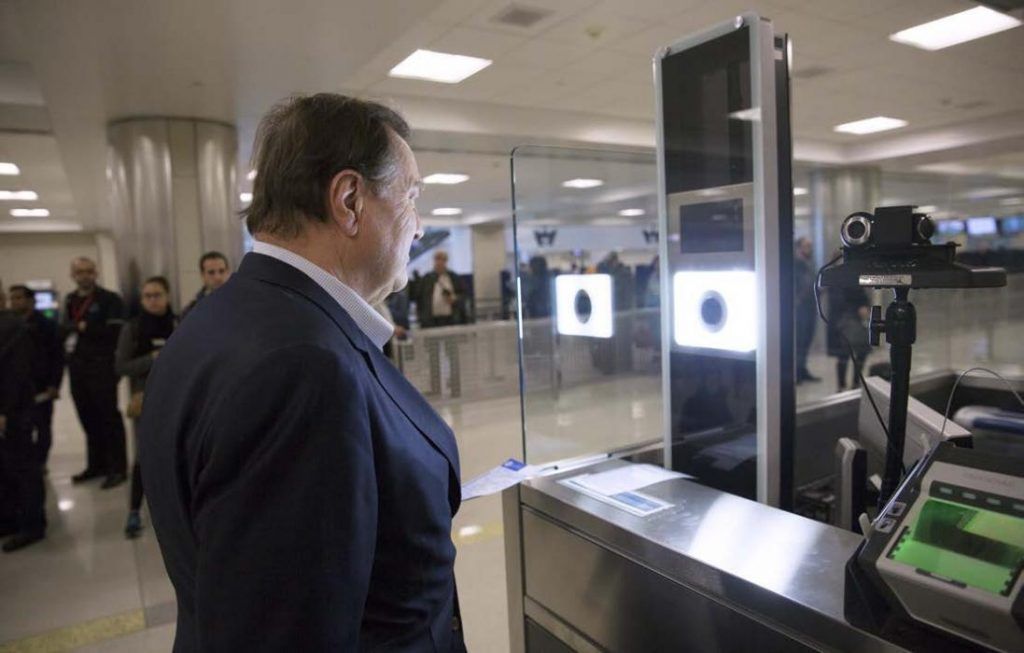The U.S. Customs and Border Protection (CBP) processed nearly 238 million travelers at ports of entry in fiscal 2020.
The figure includes more than 62.1 million travelers at airports.
Now, arriving air passengers decreased by more than half compared to the previous fiscal year due to international travel restrictions related to Covid-19.
Additionally, according to CBP, passenger volumes for all modes of transportation combined decreased 42%, and air travelers specifically dropped 54.2 percent.
Despite the overall decline in travel, biometric processing increased dramatically.
CBP biometrically processed more than 23 million travelers using biometric face matching technology at entry, exit and pre-clearance locations with a match rate of more than 97% in fiscal 2020.
In general, the US government sees biometric technology as the way of the future, a means to achieve faster processing times for travelers and to continue the facilitation improvements that the agency has achieved through other technologies and Trusted Traveler programs. .
CBP
Biometric technology has been equally valuable in helping CBP fulfill its compliance mission by confirming the identity of travelers leaving the country, demonstrating that it is a vital element of national security, and enforcing US immigration laws.
Additionally, CBP’s biometric facial matching technology has enabled the travel industry and the traveling public to practice robust public health safety measures during the pandemic.
Technology will also be a key component in restoring consumer confidence that travel is safe and will provide a solid infrastructure to build on in the event of a future health crisis.
During fiscal year 2020, the United States faced serious difficulties due to the coronavirus pandemic.
![]()

